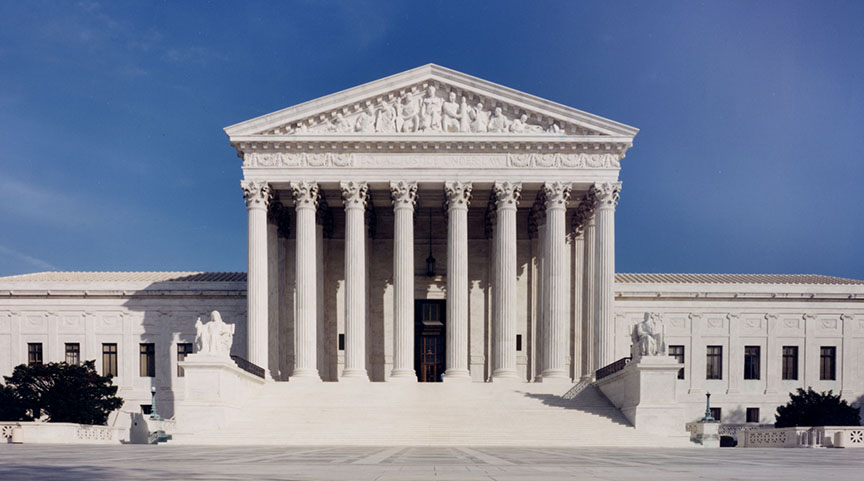Jacqueline Rayfield is a student at Harvard Law School.
In today’s News and Commentary, the U.S. Supreme Court rejected Alaska’s appeal on a policy to allow workers to opt-out of paying union dues, the Center for American Progress highlights ways to increase union membership, and local unions hold out on endorsing Biden’s reelection.
On Tuesday, the justices of the Supreme Court declined to hear an appeal from Alaska on a Republican-backed policy passed in 2019. The original policy, an administrative order by Alaska Governor Mike Dunleavy, barred unions from representing and collecting dues from workers unless those workers filled out an authorization form. Lower courts in Alaska dismissed the case and the Alaskan Supreme Court affirmed in 2023.
The Center for American Progress (CAP) released a report highlighting stagnant union density, and suggesting policy solutions to increase membership. The CAP contributor argues that policy solutions such as the Protecting the Right to Organize (PRO) Act and the Public Service Freedom to Negotiate Act would be strong first steps to increasing union membership.
Several local unions, including truck drivers, firefighters, and postal workers, have been holding out on endorsing Biden’s reelection campaign. Union leaders highlight Biden’s intervention to prevent a national railway strike in 2022, and Democrats inability to rally support for the PRO Act as possible reasons for the holdout.






Daily News & Commentary
Start your day with our roundup of the latest labor developments. See all
March 2
Block lays off over 4,000 workers; H-1B fee data is revealed.
March 1
The NLRB officially rescinds the Biden-era standard for determining joint-employer status; the DOL proposes a rule that would rescind the Biden-era standard for determining independent contractor status; and Walmart pays $100 million for deceiving delivery drivers regarding wages and tips.
February 27
The Ninth Circuit allows Trump to dismantle certain government unions based on national security concerns; and the DOL set to focus enforcement on firms with “outsized market power.”
February 26
Workplace AI regulations proposed in Michigan; en banc D.C. Circuit hears oral argument in CFPB case; white police officers sue Philadelphia over DEI policy.
February 25
OSHA workplace inspections significantly drop in 2025; the Court denies a petition for certiorari to review a Minnesota law banning mandatory anti-union meetings at work; and the Court declines two petitions to determine whether Air Force service members should receive backpay as a result of religious challenges to the now-revoked COVID-19 vaccine mandate.
February 24
In today’s news and commentary, the NLRB uses the Obama-era Browning-Ferris standard, a fired National Park ranger sues the Department of Interior and the National Park Service, the NLRB closes out Amazon’s labor dispute on Staten Island, and OIRA signals changes to the Biden-era independent contractor rule. The NLRB ruled that Browning-Ferris Industries jointly employed […]